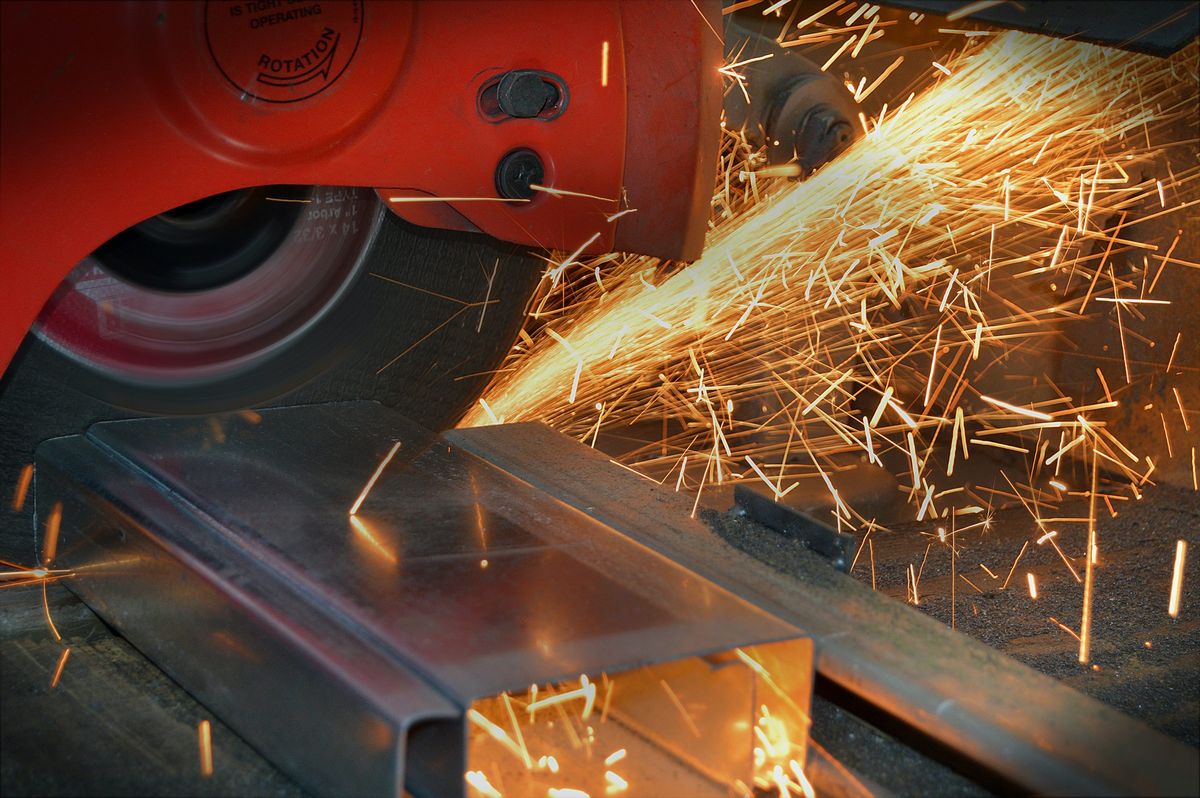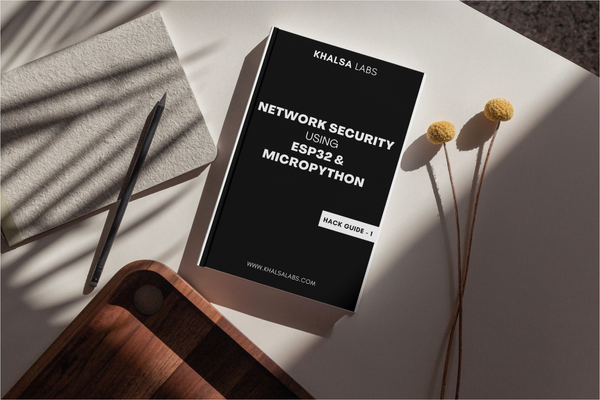The best metal detectors to purchase

Metal detecting as a pastime has seen a significant increase in popularity as a result of social media apps like as TikTok, where videos of exploration and metal detector findings have received nearly 3 billion views. If you want to get started, there are several wonderful metal detectors to choose from. While many models are built for experienced hobbyists and may cost hundreds of dollars, there are budget and beginner-friendly versions available with simpler controls and lightweight designs to get you started with metal detecting. There are even starting kits available for tiny children who wish to get started with metal detecting.
Experienced coin hunters and search and salvage specialists can spend thousands of dollars on high-end, extremely sophisticated metal detectors capable of detecting artefacts buried several feet below or even deep underwater. To assist you decide where to begin when buying for a metal detector, I’ve compiled a list of the five best available for purchase. I’ve broken down their features and pricing points to help you determine which is the best fit for your level of skill and budget.
Bounty Hunter Tracker IV(Overall best metal detector)
The Bounty Hunter Tracker IV is a fantastic metal detector for both novice and experienced enthusiasts. It has a fairly reasonable price of around $85, so if you decide that metal detecting isn’t for you, you won’t have spent a lot of money. You may seek for everything from scrap steel and aluminium to gold jewellery and silver coins using its distinct modes for ferrous and non-ferrous materials. The 8-inch detecting coil is water resistant, so you may confidently explore wet regions, streams, ponds, and beaches.
The control box features simple knobs and an easy-to-read metre for changing sensitivity and identifying metal items buried up to 2 feet down. It also employs distinct tones for different metals to assist beginners in determining what they are likely to discover in a given region. A ground balancing filter is included in the Tracker IV to assist limit interference from minerals in the soil or sand and to eliminate false positives. It runs on two 9-volt batteries and weighs slightly more than 4 pounds, making it easy to handle and manage.
Pros:
- Very inexpensive
- Distinct metals have different audible tones.
- Interface simplification
- Objects up to 2 feet underground can be detected.
Cons:
- It’s not ideal for meteorite searching.
- There are no coil protectors, covers, or headphones included.
Garrett Ace 300(Best beginning metal detector)
The Garrett ACE 300 is an excellent metal detector for those who are new to the pastime. It boasts a lightweight and telescopic construction that weighs 5 pounds and extends to 51 inches, making it easy to handle. It also includes a coil cover, an environmental cover, and a pair of headphones. The waterproof 10-inch detector coil allows you to search for metal things in moist soil, streams, seas, and lakes. It can detect anything buried up to 8 inches deep, making it useful for searching for money, jewels, and other tiny items.
You may search for anything from iron horseshoes and silver coins to aluminium trash and gold using its five distinct detecting modes. To refine your search, use the streamlined, push-button controls to quickly and simply pick detection modes, configure sensitivity, and change detection frequencies. The Garret ACE 300 is powered by four AA batteries, so you don’t need to stock up on specific batteries or remember to charge your metal detector before going out exploring.
Pros:
- Controls have been simplified.
- Covers and headphones are provided.
- Detection coil that is waterproof
Cons:
- On the pricey side
Minelab Equinox 800(Best relic metal detector)
If you’re a dedicated metal detector enthusiast or a search and salvage specialist, the Minelab Equinox 800 is an almost ideal choice. It’s a high-end, extremely precise metal detector that can identify anything buried up to 18 inches deep, allowing you to search for anything from coins and jewellery to scrap iron, aluminium, and even meteorites. The entire machine is waterproof and can be submerged in water up to 10 feet deep, allowing you to search for treasures in rivers, lakes, ponds, and seas.
Its four detecting modes allow you to precisely scan terrain such as sandy dunes and beaches, grassy meadows, and rocky slopes. You may also create eight distinct detection profiles for quicker gold, silver, and iron recognition or for several users of the same device. It’s powered by an inbuilt, rechargeable battery that may last up to 12 hours, allowing you to explore all day without fear. The Equinox 800 also includes a pair of headphones for more accurate and distraction-free listening to distinguish between gold, silver, brass, and iron or steel tones.
Pros:
- 12-hour battery life
- Rechargeable
- 8 different user profiles
- Waterproof
Cons:
- Extremely costly
- The learning curve is steep.
Junior Metal Detector by National Geographic
Junior Metal Detector by National Geographic(The best metal detector for children)
If you have young children who want to start metal detecting as a pastime, this National Geographic starting kit is a terrific choice. It has a lightweight design that makes it easy for children to hold. It may be adjusted up to 39 inches in length, allowing your children to utilise it as they grow. The 7.5-inch detecting coil is completely waterproof, allowing youngsters to search for coins and other treasures in sand, mud, and streams; it can detect metal items up to 6 inches deep. The metal detector, handbook, and even five gold doubloon replicas to bury and find are included in the basic set. It also comes with a little trowel shovel for digging up discovered stuff. The Junior Metal Detector is powered by three AA batteries, so you won’t have to have special batteries on hand or worry about your children remembering to charge the metal detector.
Pros:
- Excellent for tiny toddlers
- Coil that is waterproof
- The starter set contains imitation coins.
Cons:
- It does not fold for travel.
- Cannot distinguish between ferrous and non-ferrous materials
MD-790 Wedigout(The most effective underwater metal detector)
Because not all valuables are buried on land, the Wedigout MD-790 is required for underwater investigation for coins and other antiquities. This metal detector is exceptionally small and light, weighing less than a pound and measuring only 14 inches long for simpler travel and one-handed use. The 5.5-inch detecting coil is filled with resin to prevent water damage to the electronics and can detect things up to 3 inches deep. A tiny LCD panel on the top of the coil displays battery life and signal detection intensity. The MD-790 also vibrates to alert you when it detects something, and the built-in illumination allows you to utilise the metal detector in low-light conditions. It’s powered by a single 9-volt battery, so there’s no need to remember to charge it before you start exploring, and the built-in lanyard stops the detector from drifting away if you drop it or lose your grasp. The complete device can be immersed in water up to 100 feet deep, allowing you to use it for snorkelling, scuba diving, or simply searching river banks and shorelines without fear of water damage.
Pros:
- Completely waterproof
- Submersible to a depth of 100 feet
- Alert for vibration detection
- LCD power supply and detection indication
Cons:
- Depth of detection is shallow.
Which metal detector is the best?
The Bounty Hunter Tracker IV is my recommendation for the best metal detector. It is reasonably priced for beginning enthusiasts while still offering enough of features for seasoned relic seekers. The 8-inch waterproof coil detects things up to 6 inches deep, allowing you to search in practically any terrain. It’s lightweight, weighing little over 4 pounds, so it won’t be a burden or make long searches uncomfortable. The streamlined interface makes it simple for newcomers to understand and for seasoned professionals to easily dial in certain metals to look for.
Which metal detector is best for you?
It might be tough to know where to begin if you want to start metal detecting as a hobby or enhance your present equipment for more serious treasure seeking. However, you do not need to spend a fortune to buy a good metal detector. Beginners and casual enthusiasts should opt for a metal detector with a moderately large coil and distinct tones for different metals to assist them understand what they’re looking for and what they’ll find in different places.
Seasoned treasure seekers should invest in more expensive and long-lasting metal detectors that can tolerate being submerged in water, detect items very deep in the earth, and provide precise precision while doing coil sweeps
If your child is interested in metal detecting as a pastime, there are various starting kits available, such as the National Geographic Junior Metal Detector, that teach them the fundamentals and may even contain amusing “treasures” for you to bury and them to locate.
What criteria did we use to choose these metal detectors?
I tried my hardest to give a diverse range of metal detectors for both novice hobbyists and seasoned treasure hunters. While most metal detectors may cost several hundred dollars, I attempted to include a few low-cost choices for parents with children as well as individuals interested in picking up the pastime.
What are the many kinds of metal detectors?
Metal detectors are classified into three types: large portable devices used to scour beaches for coins and antiques, pinpoint detectors for precise excavating, and submersibles for underwater searches. While many metal detectors feature water-resistant sensing coils and can be submerged for a limited period of time, submersibles are particularly built to be used by divers to search for artefacts underwater. Pinpoint detectors work well alongside regular metal detectors to help you determine exactly where you need to dig when you find anything.
What should I expect to pay for a metal detector?
The cost of getting started in the metal detecting hobby may soon add up. However, there are several good, low-cost solutions, such as the Bounty Hunter Tracker IV, which costs approximately $85 dollars. If you have more experience, you may spend $200 to $500 on a more advanced metal detector that can distinguish between gold, silver, brass, copper, and iron-based metals. For tracking down antiquities in risky situations, search and salvage specialists might easily spend thousands of dollars on very precise metal detectors.
How far can most metal detectors dig?
The great majority of metal detectors can detect metal objects up to 6 inches down in the ground, which is where you’d expect to discover valuable items such as coins, rings, and jewellery. More sophisticated devices may detect items many feet deep, where gold and silver nuggets and bigger treasures may be discovered.
| Name | Detection depth | Weight | Adjustable length | Power source | Coil size | Waterproof | Price | Water resistant | Coil size |
| Bounty Hunter | Up to 2 feet | 4.2 pounds | 44 to 51 inches | 2x 9 volt batteries | 8 inches | Coil only | $84 | Yes | 8 inches |
| Garrett | Up to 8 inches | 5 pounds | Up to 51 inches | 4x AA batteries | 10 inches | Coil only | $270 | Yes | 10 inches |
| Minelab | Up to 18 inches | 2.96 pounds | 47 to 57 inches | Rechargeable battery | 11 inches | Submersible up to 10 feet | $999 | Yes | 11 inches |
| National Geographic Junior Metal Detector | Up to 6 inches | 1.4 pounds | 24 to 39 inches | 3x AA batteries | 7.5 inches | Coil only | $45 | Yes | 7.5 inches |
| Wedigout | Up to 3 inches | 11.4 ounces | 14.7x6x2.6 inches | 9-volt battery | 5.5 inches | Submersible up to 100 feet | $119 | Yes | 5.5 inches |



